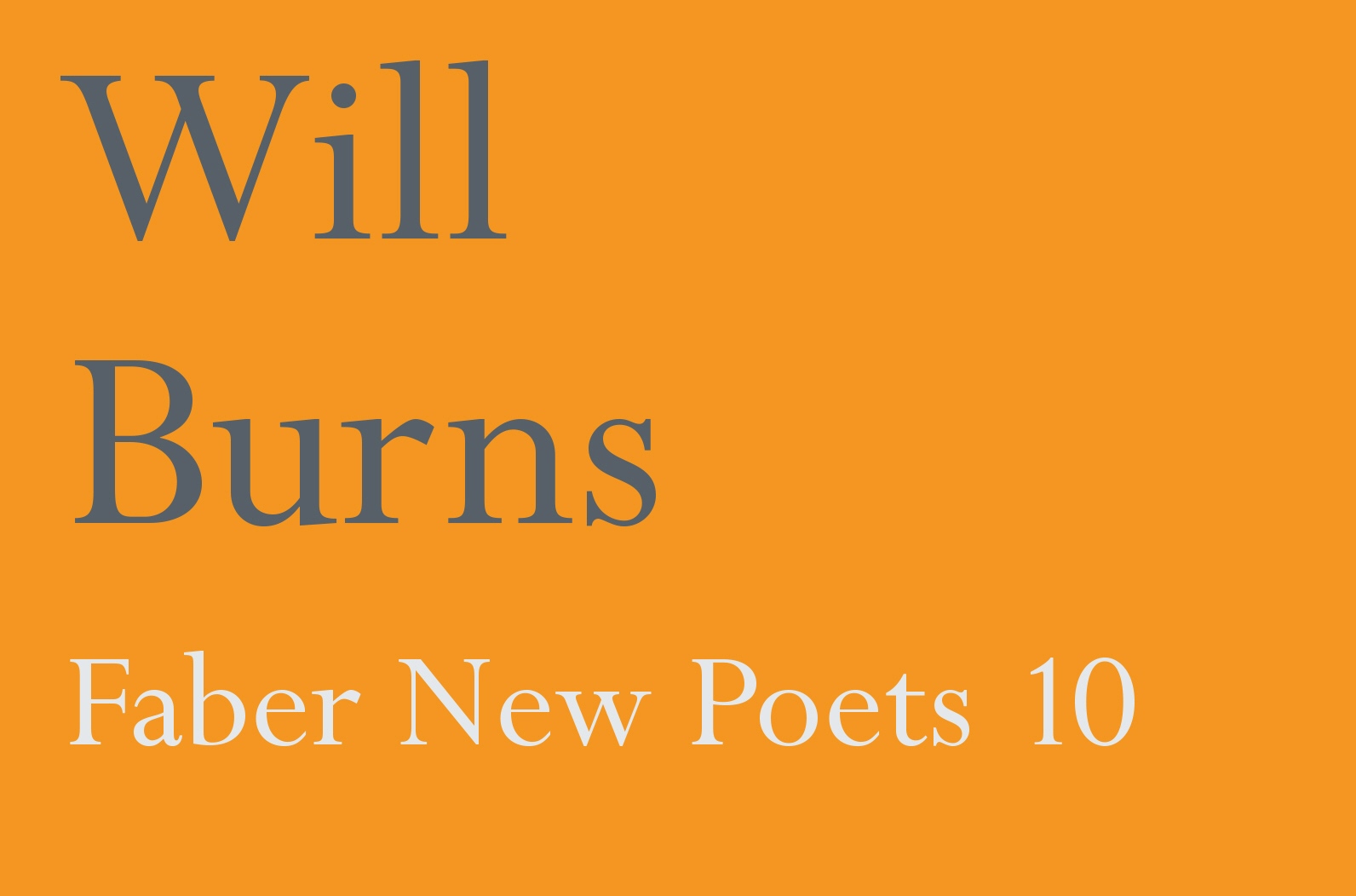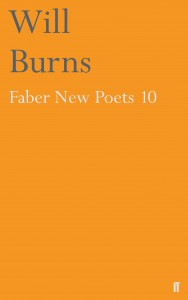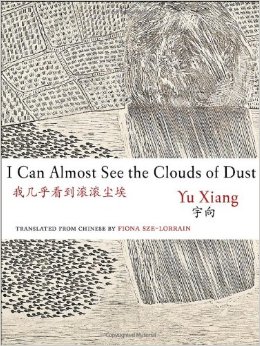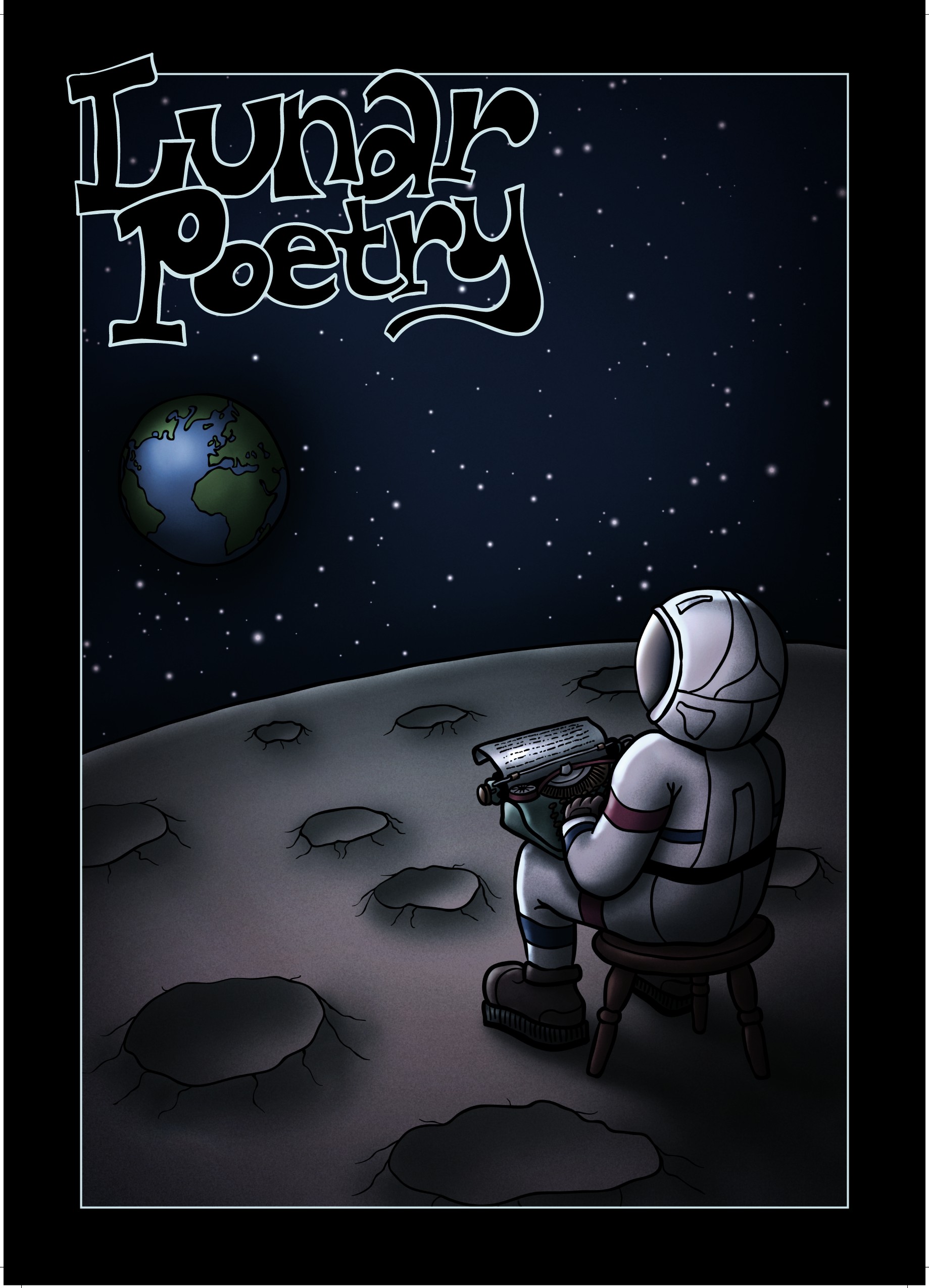Faber New Poets 10 by Will Burns
-Reviewed by Zara Raab–
He understands this place
like a painter would
This is the Buckinghamshire poet Will Burns, in his poem “Transmission” (referring to automobiles as much as signaling). Burns’ rural working class poems might have been penned almost anywhere in rural, working class North America—a bit rough but still tender, solitary, ruminating––but for the distinctive flavor of his vocabulary.
Faber New Poets 10 opens the sequence of 15 poems by Burns with “Country”:
This is the mid country.
The hill country.
It is the rain country,
kite country
and slow country.
Some call it
cloud country
or lightning country.
I have heard it called
the nether country,
Buck’s country
and thieves’ country.
We were warned
that is was punch
up and fruitcake
country.It was built of bone
and sold off in car boot
fields, piece by piece.
When I google “car boot,” I make my way through cyberspace to Strawberry Field Car Boot Market, in Kingsgate, Bridlington, I notice that almost 2,000 people (1,985 at last count) liked the site. Vendors sell coffee and food, there are kiddie rides and the entrance fee is just a pound. Reading Burns’ poems, I am often puzzled by what I (an American) think of as dialect, and I like that—being puzzled. “Car boot fields” I could figure out. (In the U.S., we would call them flea markets.) I can even puzzle out “punch / up” as an adjective and the Urban Dictionary on-line confirms my hunch: it is a “non-American term” for “massive fight”.
“Hundred Horsepower” is the eponymous man who lives on the edge of the village, whose tanned, muscled sons become part of village life only when the fair arrives and they help set up the tents, stalls, and rides on the “manor waste.” (I picture Downton Abbey, and the unused field above the manor.) Hundred Horsepower’s boys shine then:
Boys who while
the fair was there, could have their pick,tanned and topless and with dirty fingernails.
But when the rides and engines had packed up,leaving behind only bleached shapes
in the grass, and moved on,they shrank back into the margins
of the village and the row of houses where they lived.
Burns shines, too, in this vivid passage. As he does in the poem “Guy,” about the strange goings on in spring, “when the maybugs come hard / and thick and inky,” all “down the streets lined / with hornbeam and dog shit.” The word “guy,” besides referring to a fellow, means a line or a rope used to secure, say, a tent or other structure, and the poem says what happens when the tent line of winter, the guy, is undone. It also gives us a bloke’s take on spring. I love the way Burns juxtaposes the pastoral—the hornbeam tree––with the gritty—the dog hit. But the genius of this lyric, for me, was Burns’ choice of “folding steel”––high carbon steel used to make strong blades, including traditional Japanese swords–– as the figure for relentlessness of nature and the seasons:
and then at once to feel
all these things change. Down
to the angles of the earth itself, the nature
of your work and all other men.To feel all that was certain cut and run
under the folding steel,
like garden birds that scatter
from a bird of prey.
“Guy” may be the most original celebration of spring since e.e. cummings’ “Spring is like a perhaps hand”.
Burns’ less successful poems recount familiar anecdotes, describe landscapes, or lapse in to a kind of solipsism, a room where the poet is utterly alone with his own thoughts, as in “Winter in This Room.”
The words
come out and they are
painfully loud to his ears.
Rural county landscapes and a single stratum of society is a small canvas for a poet, so he has to make every word count. Burns is at his most exhilarating when he finds a single word that transforms the poem. In “Transmission,” where I started this review, the word is “thewy” meaning “well developed sinew or muscle,” and the line is:
through the tamed and thewy earth
Here Burns has found the key that turns the lock, making music and opening up the poem to a fresh domain.





